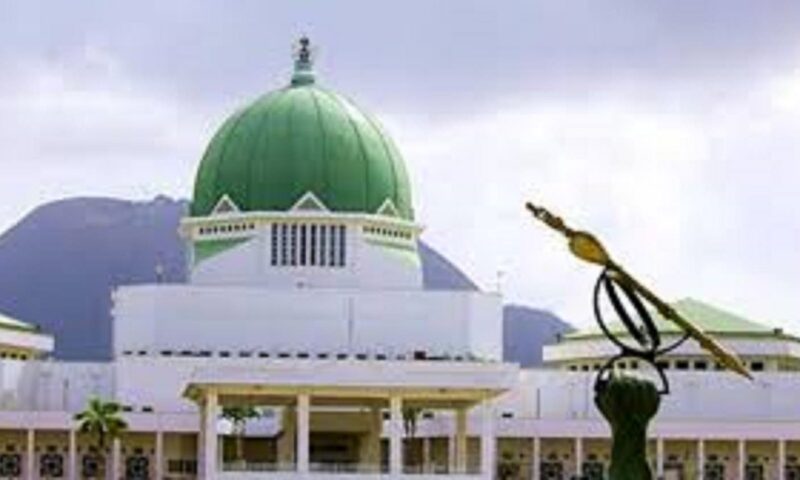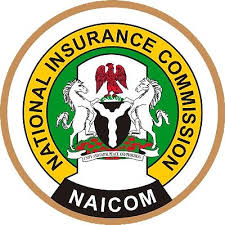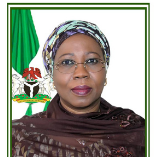CFI’s Speech at Naicom’s Workshop for MDAs in Kaduna
WELCOME REMARKS BY THE COMMISSIONER FOR INSURANCE, NATIONAL INSURANCE COMMISSION (NAICOM) AT THE SENSITIZATION WORKSHOP FOR INSURANCE DESK OFFICERS OF MINISTRIES, DEPARTMENTS AND AGENCIES OF THE FEDERAL GOVERNMENT (MDAs) ON INSURANCE OF FEDERAL GOVERNMENT ASSETS AND LIABILITIES.
Protocol.
Good morning, Ladies and Gentlemen.
It is my pleasure to be here with you today in this sensitization workshop which aims at sensitizing Insurance Desk Officers of Ministries, Departments and Agencies of the Federal Government on the importance of Insurance of Federal Government Assets. This Workshop is being convened as part of ongoing efforts to apprise participants of their roles in ensuring adequate protection of assets and liabilities of Government.
Suffice it to say that it has now more than before become imperative to put in place measures to guide Ministries, Departments and Agencies (MDAs) on procuring adequate insurances for assets under their watch. Furthermore, let me bring to your attention the provision of Section 7 (d) of the National Insurance Commission (NAICOM) Act 1997 which stipulates that the Commission shall ensure adequate protection of strategic government assets and other properties. Also, Section 7 (f) of the Act provides that the Commission shall act as Adviser to the Federal Government on all insurance related matters.
It is pertinent to note that the Commission can better achieve this task with the full cooperation of the MDAs. Today’s workshop and the subsequent ones to follow are part of the drive to achieve the above mandate as enshrined in extant laws.
It is very worrisome to the Commission that most assets and liabilities of government are never adequately and appropriately insured, which further accentuated the need for urgent measures to be put in place by the Commission to ensure that government gets value for money in the purchase of insurance by MDAs. It is the desire of NAICOM to change this narrative for good.
The essence of Insurance of Government Assets and Liabilities is to cushion the impact and reduce the burden that the government would have to bear in likely occurrences of catastrophic events such as natural disasters, fire, accidents, building collapse, injuries or death to third parties, etc, thereby saving the government money which can be channeled towards augmenting the needs of the citizenry, providing infrastructure, and creating employment, among others.
As you may be aware, NAICOM in 2009, launched the Market Development and Restructuring Initiative (MDRI) project which aimed at creation of awareness on compulsory insurance products, education of the public on the long-term benefits of insurance to policyholders and the economy at large, among others. While NAICOM bore the responsibility of disseminating key messaging on the benefits of compulsory insurance, we relied on Government Ministries, Departments and Agencies to help domesticate the Initiative in their respective offices and perhaps, serve as the primary vehicles for enforcement of compulsory insurances in their various MDAs.
As follow-up to the success of previous nationwide awareness campaigns for compulsory insurance, NAICOM is moving the bar a notch higher. Therefore, this Sensitization Workshop is aimed at equipping insurance desk officers with the necessary tools to ensure that all MDAs have adequate insurance coverage for all government assets and liabilities to curb wastage occasioned by losses of uninsured assets.
At the end of this Workshop, it is expected that insurance desk officers will now have the capacity to gauge the insurance protection needs of government assets under their purview and provide their principals with technical advice on the required insurance coverage for government assets and liabilities.
Building the capacity of insurance desk officers, enthroning transparency and accountability to ensure that government gets value for money in the purchase of insurance thus taking us all a step further in contributing effectively to the economic growth and development of Nigeria is an ongoing project of the Commission.
NAICOM is elated at this turnout notwithstanding the prevailing circumstances in the Country. We are quite sure of a much better participation in the next batches lined up to educate MDAs of their responsibilities and the benefits inherent in the consumption of insurance products and services. Suffice it to say that government, represented by the MDAs in this regards is a critical stakeholder in the insurance value chain, we therefore count on your support to ensure a successful workshop for the benefit of all stakeholders.
Ladies and gentlemen, I thank you for your attention and wish us all a successful workshop






